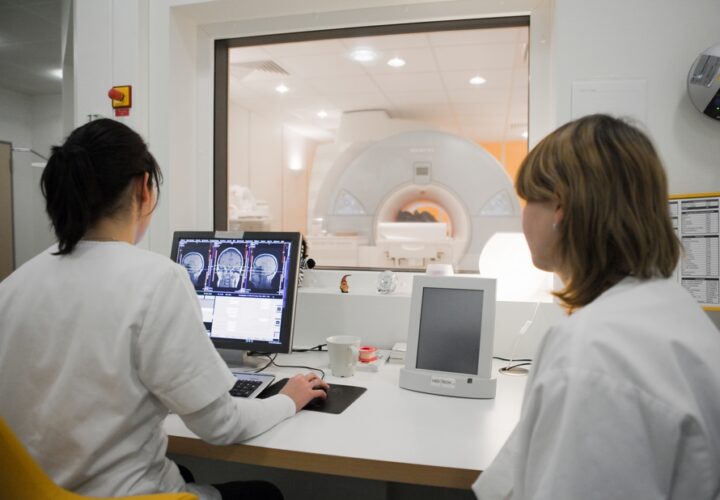On the heels of recent Alzheimer’s drug failures by companies like Eli Lilly, Merck and Axovant, one pharmaceutical company is insisting there is a glimmer of hope: TauRx, a drug company that has been in late-stage trials with a drug called LMTX, has seen results in a recent study that showed LMTX (sometimes called LMTM) slowed brain atrophy—but only after the nine-month mark in patients who weren’t taking any other drugs.
How Does LMTX Work in the Brain?
The twice-daily pill targets tau, a protein many scientists believe contributes to the brain-decaying effects of dementia. The tau theory, though, is nowhere near as popular as the beta-amyloid theory, which pharmaceutical companies have spent billions trying to target.
How Is LMTX Tested?
The trial is the second of two Phase 3 trials, the first of which was considered a failure. The earlier trial focused on patients taking much larger doses of LMTX, using a four mg dose as a control group. Those patients saw no effects from high doses of LMTX. But after the trial was concluded, researchers analyzed the small group of people who took the 4 mg dose with no other drugs and noticed it had a positive effect.
The second study, which was conducted on 800 patients with mild Alzheimer’s disease, found that doses of four mg of LMTX reduced the rate of brain atrophy after the nine-month mark. Brain scans showed that those who were on the four mg dose looked typical of a normal elderly person without Alzheimer’s disease.
“These highly significant results support further validation of tau-based therapy in Alzheimer’s disease,” said George Perry, Dean of Sciences, University of Texas at San Antonio and Editor-in-Chief of the Journal of Alzheimer’s Disease.
Watch: Is Tau What Causes Alzheimer’s?
What Do the LMTX Results Mean for Alzheimer’s Patients?
Is it time to celebrate the end of Alzheimer’s? Not quite. Critics point out that there was not a strong control group in this study, and the number of people taking the drug was not very big—only 20 percent of participants were taking LMTX alone, said Claude Wischik, a professor at Aberdeen University and executive chairman of TauRx.
“In my opinion, these results are uninterpretable,” said David Knopman, a neurologist at the Mayo Clinic who was not involved in the study. “These results say nothing about the suitability of tau as a target,” he said, adding that the only thing this trial proves is that the drug was ineffective when scientists looked at the planned study subjects who received the high dosage. Knopman said that because the analysis that found the positive effect was conducted after the trial was concluded, TauRx will need to replicate the results in order to prove the drug works as a stand-alone treatment at the low dose. “I remain deeply skeptical about the future value of LMTM,” said Knopman.
More studies are needed before scientists conclude whether this is a viable treatment for Alzheimer’s. Next up: Another clinical trial is set up to compare the four mg dose of LMTX to a placebo.
In December 2018, TauRX announced that LMTX had been granted orphan drug designation by the U.S. Food and Drug Administration for frontotemporal dementia patients. Orphan drug designation is a status given to drugs that aim to treat rare diseases that only 200,000 people in the U.S. experience. The status is intended to encourage drug development for rare diseases.
TauRX is actively recruiting for a clinical trial to test the LMTX in people with early Alzheimer’s disease, according to ClinicalTrials.gov. A full list of locations of clinics and how to get involved can be found here.
The results were published in the Journal of Alzheimer’s Disease.

